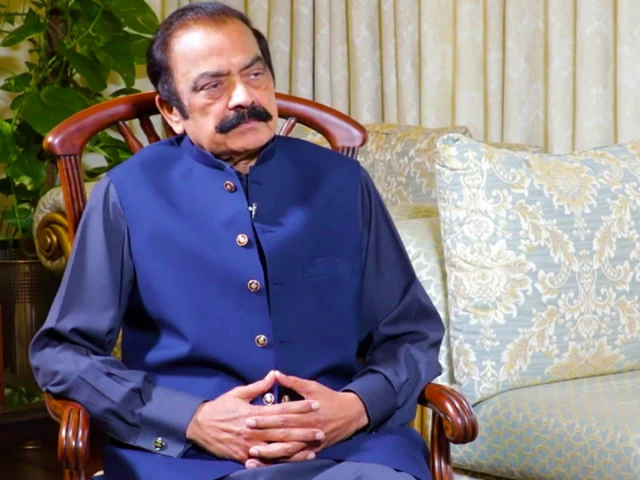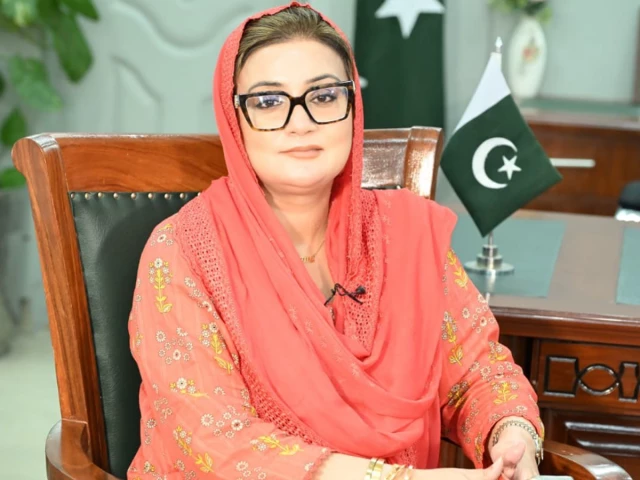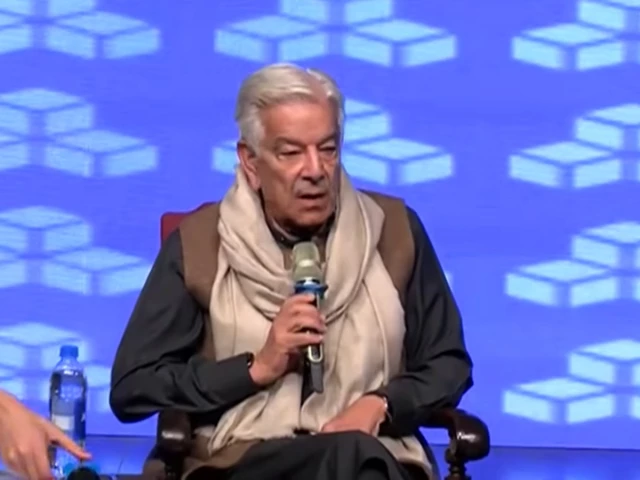ANI |
Updated: Jan 25, 2026 03:01 IST
Karachi [Pakistan],…

Says such matters can be resolved through consensus; adds Pakistan should stand with Bangladesh on World Cup stance
Prime Minister’s Adviser and senior PML-N leader Rana Sanaullah. Photo: APP/ File

Says kites to be sold through authorised stalls, unsafe materials banned; free public transport arranged for festival
Punjab Minister for Information and Culture Azma Bukhari. Photo: File

Defence minister voices support for creation of new provinces, says there is no harm in move and no one should fear it
Defence Minister Khawaja Asif speaking during a session at the Think Fest in Lahore on Saturday. Photo: Screengrab

LONDON: The four people charged with attacking Shahzad Akbar and Adil Raja operated through a…